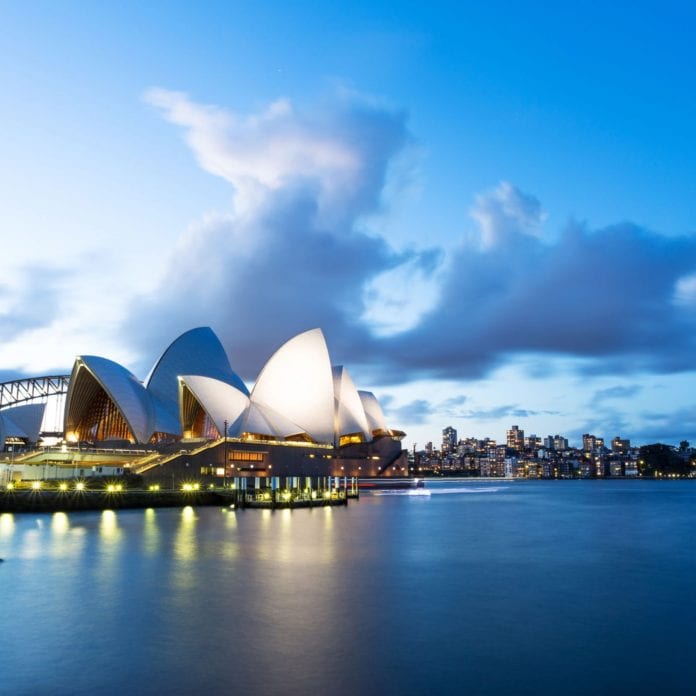The Australian government expects to carry out two 5G spectrum auctions during 2021, the Ministry of Communications said in a release.
In April 2021, it has scheduled a spectrum tender to award high-band 5G spectrum (in the 26 GHz band), which will enable fast, high-capacity services. In the second half of 2021, the government will allocate low-band 5G spectrum (in the 850/900 MHz band), which will be key for broader geographic coverage of 5G services.
Minister for Communications, Cyber Safety and the Arts Paul Fletcher, said the low- and high-band 5G spectrum will complement the mid-band 5G spectrum that the government has already auctioned.
“Low-band spectrum can carry the 5G mobile signal longer distances, and is best for wide coverage indoors and outside,” said Fletcher. “The mid-band spectrum provides broad coverage and fast speeds and the high band spectrum will allow blazing fast speeds over shorter distances.
“We are making the low, mid and high bands available so that the telcos can provide better, faster and stronger 5G in Australia,” he added.
The Ministry of Communications noted that 5G will be key for smart farming, robotics, telemedicine and automated vehicles, which will increase Australia’s productivity. “The sooner 5G is deployed, the sooner Australia can secure these benefits,” Fletcher said.
Last month, Australian carrier Telstra said it has already deployed over 2,000 5G base stations in the country, providing 5G coverage to 41% of Australia’s population.
The telco said that it aims to cover 75% of the country’s population with its 5G service by June 2021.
Telstra, which had launched 5G in May last year, is currently using its spectrum in the 3.6 GHz band to provide 5G technology across Australia. Some of the cities in which Telstra offers its 5G service are Canberra, Central Coast, Brisbane, Sidney, Cairns, Gold Coast, Adelaide, Hamilton, Melbourne and Perth.
In May of this year, Telstra upgraded its 5G radio access network (RAN) coverage footprint across Australia, connecting a cloud-native 5G Core (5GC) network to handle new 5G standalone traffic. Telstra used equipment from Swedish vendor Ericsson for the network upgrade.
The 5G upgrade means that Telstra already has the capability to run 5G technology independent of existing 4G network technology.
Rival operator Optus had launched commercial mobile 5G operations in 2019. Optus’ 5G network had 900 live sites and was available to more than 426,000 households across Australia as of the end of August.
In July, Optus announced it was testing 5G mmWave technology in partnership with Ericsson.
In August, TPG Telecom announced plans to accelerate its 5G rollout over the next 12 months, with over 85% of the population in the country’s six largest cities expected to be served by the end of next year.
The company, which was formed through the merger of TPG and Vodafone Hutchison Australia earlier this year, said in its full-year results that more than 1,200 sites 5G sites had now entered the planning phase.
TPG Telecom said the six cities where 5G will be initially available are Sydney, Melbourne, Brisbane, Adelaide, Perth and Canberra.

